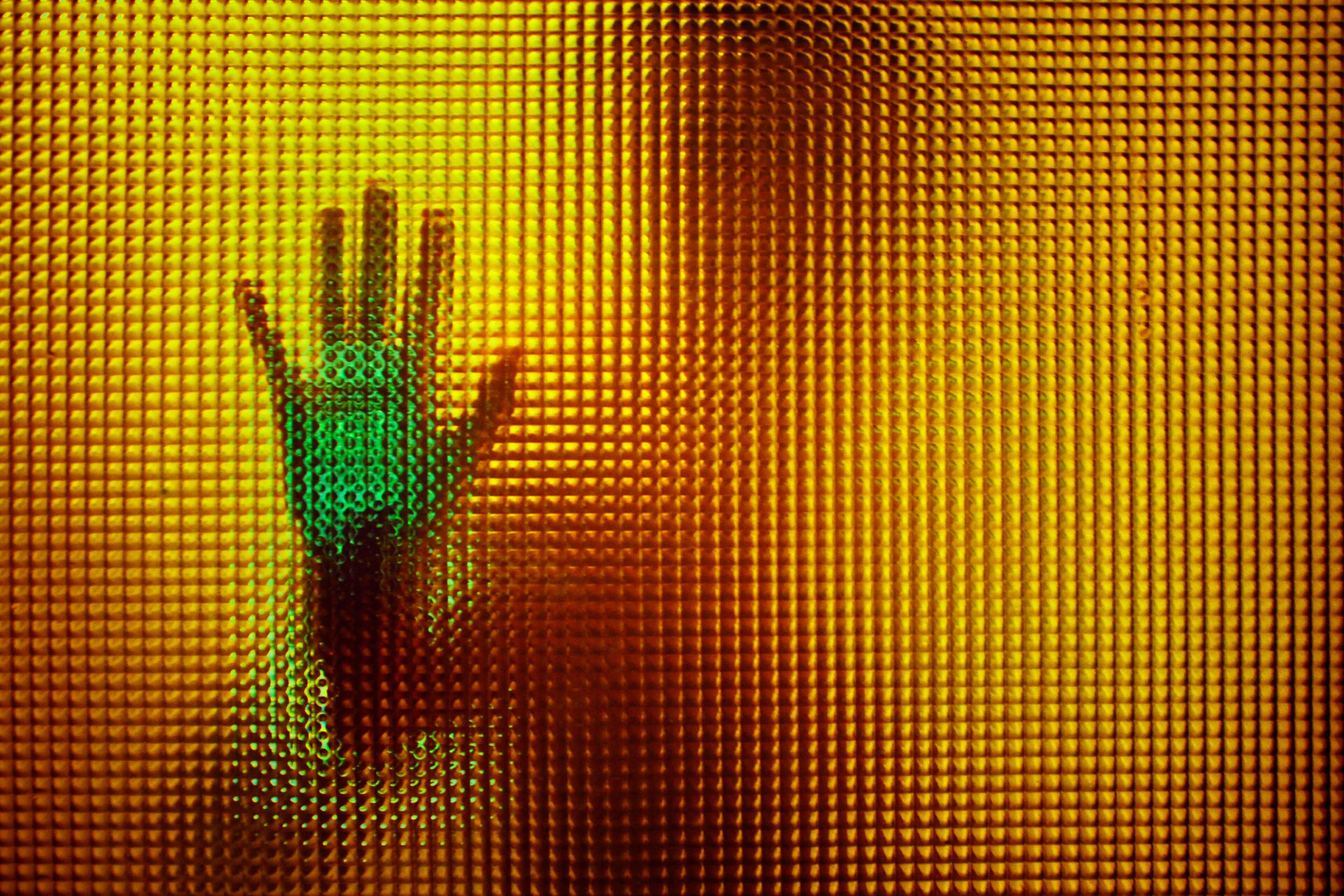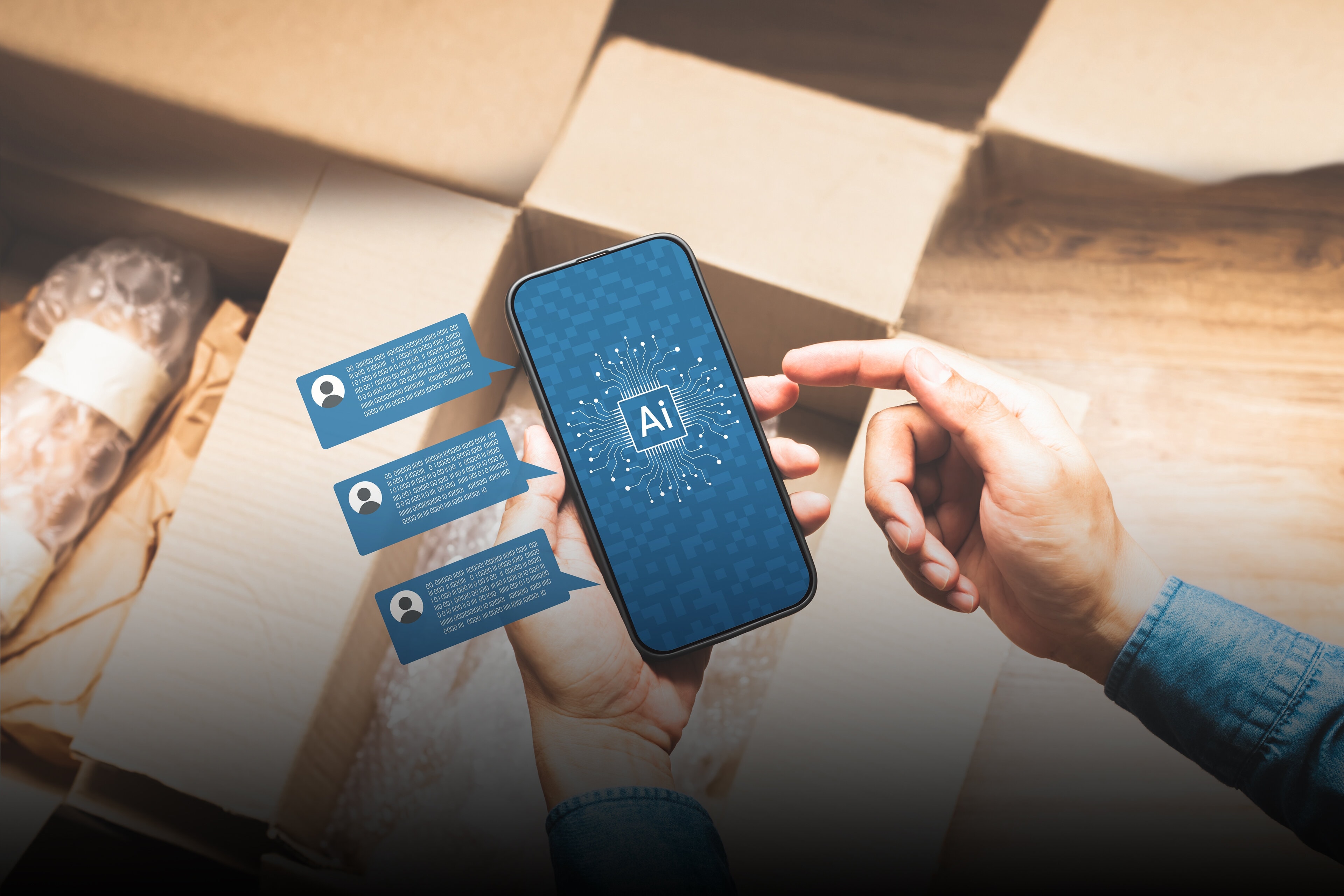EY refers to the global organization, and may refer to one or more, of the member firms of Ernst & Young Global Limited, each of which is a separate legal entity. Ernst & Young Global Limited, a UK company limited by guarantee, does not provide services to clients.
The AIdea of India report update
Stay ahead in the GenAI race with the latest edition of 'AIdea of India.' See how enterprises
in India are tapping Generative AI’s potential across various sectors.
The latest Generative AI report shares the potential future of Generative AI including cognitive interfaces, AI agents and new computing architecture.

Gen AI has the potential to liberate us from the tyranny of the mobile phone and the app ecosystem as the primary interface to our digital lives. With ChatGPT, we are already searching the web in new ways. Gone are the Google search terms and six blue links - Bard or Bing can understand what we are looking for and search the web for us. We are starting to use chatbots to search for vacations and to book restaurant tables. We can now upload images and ask for description of the image in 100 words. Many of us are comfortable enough speaking to computers. Welcome to a new low-friction world powered by cognitive agents who act on our behalf with few simple instructions. This will proliferate as cognitive agents lower friction in our digital interactions.
Prediction is very difficult - especially if it is about the future.

Deep learning can create meaningful representations of data, akin to "uncrumpling a paper ball" as described by Francois Chollet. These "embeddings" are stored in knowledge bases, enabling powerful applications. Imagine an insurance company creating embeddings of policy documents. These would represent the business rules, which are currently scattered across documents and applications. This new knowledge base would enable autonomous agents to handle tasks with greater efficiency and accuracy.
Furthermore, these embeddings could be used to eliminate biases, encourage creative thinking, and enable collaboration across the enterprise. Imagine relationship managers receiving personalized talk tracks for clients, artists creating movies with generative tools, and researchers using protein data to design new drugs. With deep learning, the possibilities are endless, and limitations such as hallucinations might become features, not bugs.
Creativity is intelligence having fun.

Foundation models, unlike traditional apps, are the building blocks for the next generation of application architecture. They fundamentally change how we build apps, shifting from mobile interfaces to conversational ones. Business rule engines will be replaced by knowledge bases and vector stores, and AI agents will orchestrate processes, integrating knowledge bases with enterprise applications. This architecture will rely on industry-specific cloud platforms and be powered by fit-for-purpose data fabrics. Additionally, Gen AI accelerates software coding by converting natural language instructions into complex code, lowering development costs and increasing innovation speed. As entrepreneurs develop and refine foundation models, creating practical applications for everyday life, businesses will undergo a significant transformation. This evolution will disrupt existing business models and create new opportunities, making the integration of Gen AI an integral part of the future of business.
The future is already here - it's just not evenly distributed.
Discover more about the Generative AI in India - 'The AIdea of India: Generative AI's potential to accelerate India's digital transformation'
Related content
How GenAI can drive innovation in contract management and deliver value
Discover how Generative AI can revolutionize contract management, boosting efficiency, reducing risks, and unlocking new value.
Identifying AI generated content in the digital age: the role of watermarking
Explore the future of AI content and the critical role of digital watermarking in protecting creators' rights and ensuring content authenticity.
Join us at EY GCC GenAI Conclave, India’s flagship event for GCC leaders exploring trends and insights shaping the future of Global Capability Centers.
Why GenAI is a top agenda for Indian CEOs: CEO outlook survey 2023
The latest EY report finds that CEOs recognize the potential of AI but are encountering significant challenges in developing AI strategies. Read more.
The evolving role of CFOs in retail: should they prepare for growth or recession?
Learn how CFOs in retail are evolving with digital tools, innovation, agile strategies and customer-centric approaches adapting to shifting consumer behaviors.
How AI can transform consumer experience and business efficiency in India
Explore how AI is reshaping consumer experiences and enhancing business efficiency across industries in India, driving innovation and growth.









